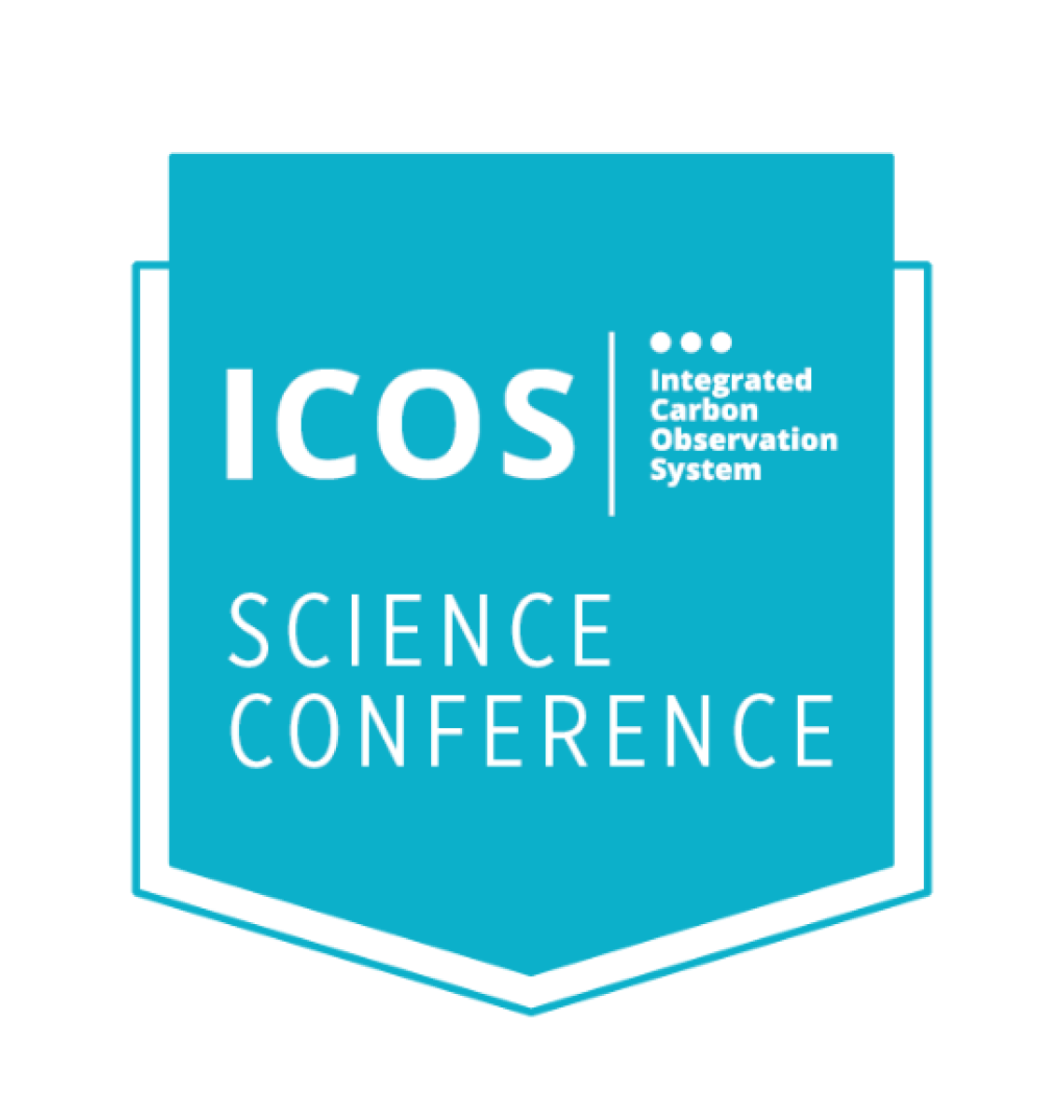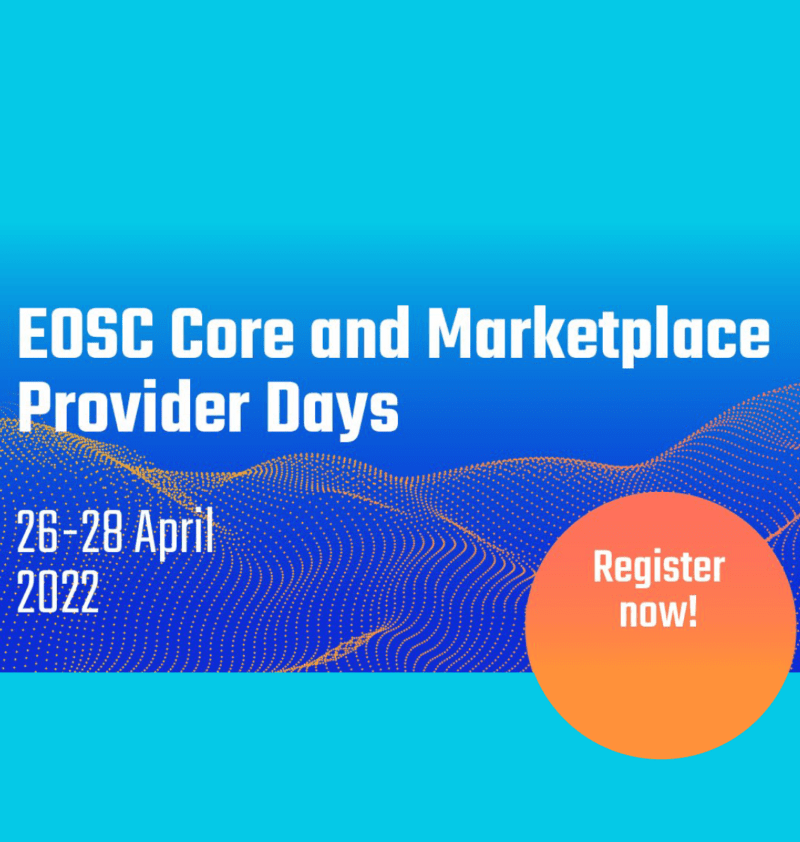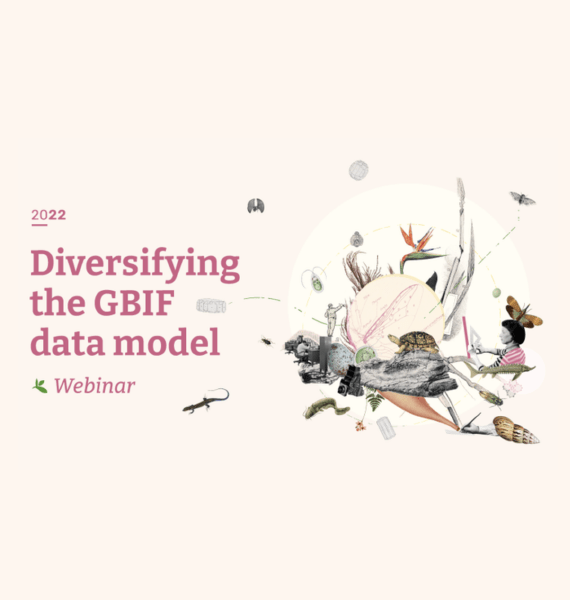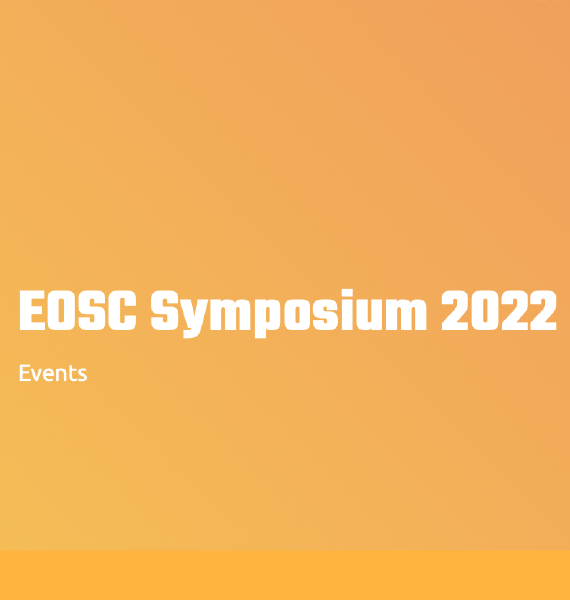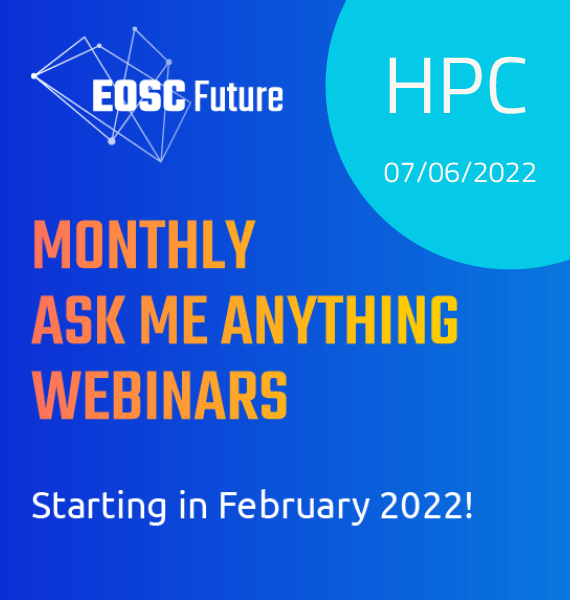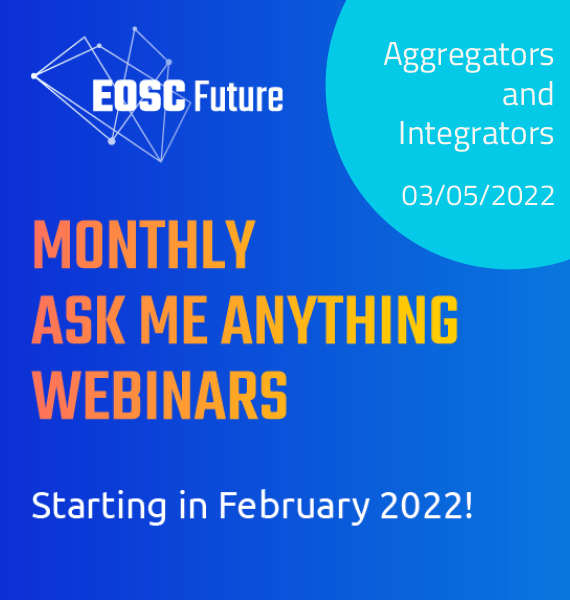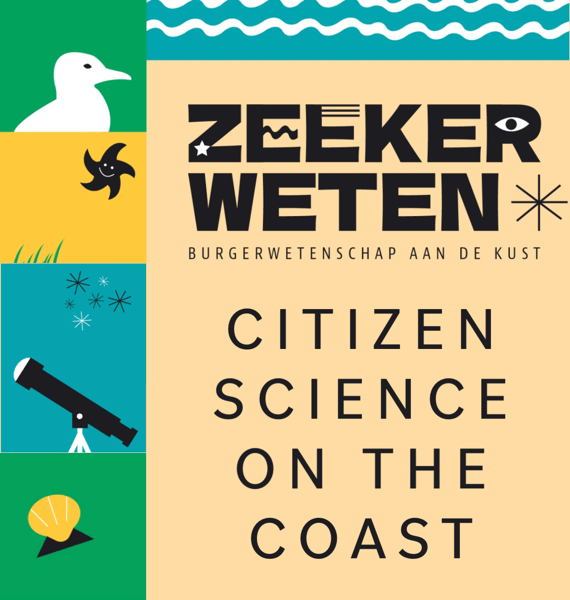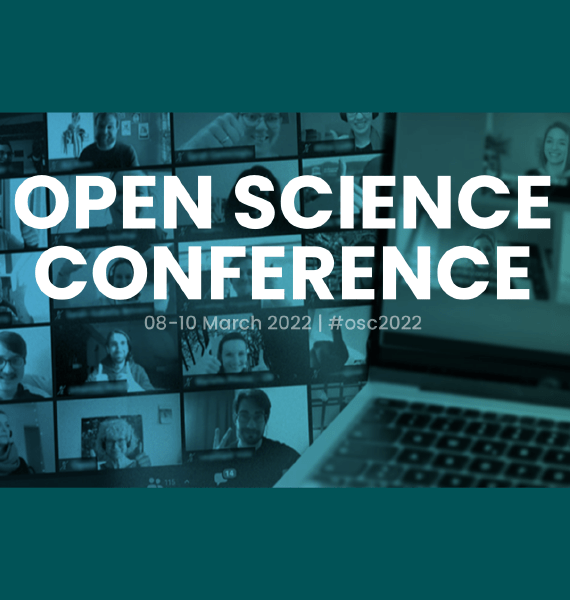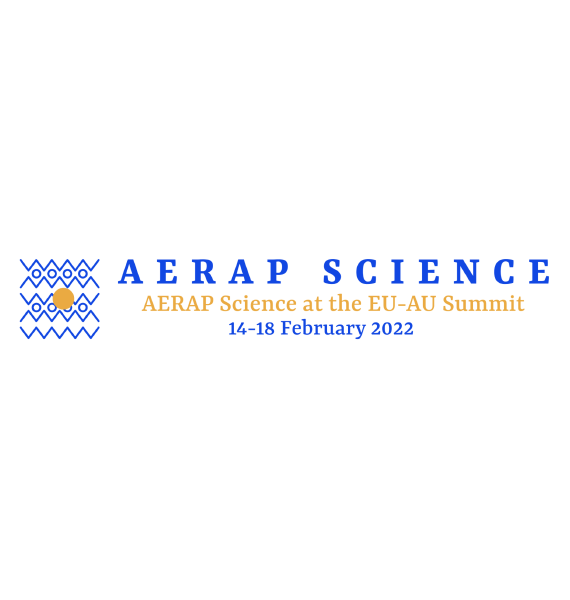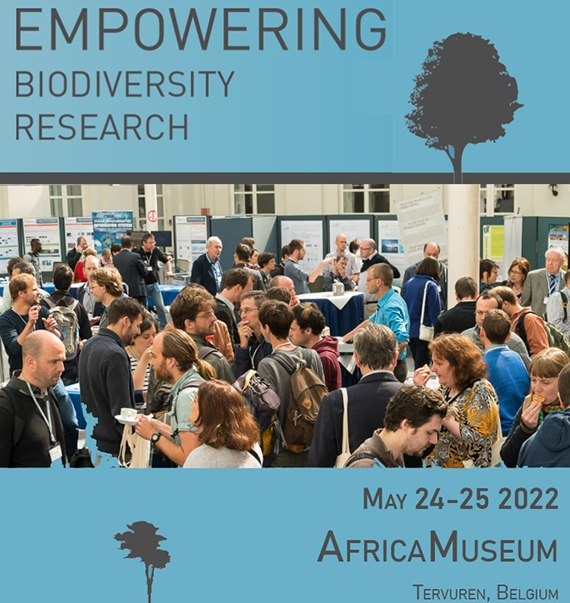Online, 14 – 18 February 2022.
The AERAP Africa-Europe Science Collaboration Platform will organise side events at the AU-EU Summit on 14 – 18 February 2022. The purpose of the meeting will be to promote awareness of the contribution of collaborative research and development as a critical aspect of EU-Africa relations and collaborations, in particular in addressing global challenges together.
The general topics for the Summit side event will include:
1. The Neighbourhood, Development and International Cooperation Instrument, NDICI, also known as Global Europe. The Communication from the Commission on the Global Approach to Research and Innovation is a key paper: ….to serve as a guide in implementing the international dimension of the new EU programme for civil research and innovation, Horizon Europe, and its synergies with other EU programmes, in particular the Neighbourhood, Development and International Cooperation Instrument – Global Europe.
2. How to accelerate an inclusive approach to collaborative research, recognising African leadership and the untapped potential of women and girls to contribute to science and innovation.
3. Consider how to leverage synergies between funding mechanisms led by the EU and others including development finance provided by the African Development Bank, the European Investment Bank, the World Bank and others.
4. Raise awareness of the unforeseen and unintended impact of regulations on potential research collaborations with Africa. These include data privacy, the EU General Data Protection Regulation, the In-vitro Diagnostics Regulation (IVDR), the Medical Devices Regulation (MDR) and the Clinical Trials Regulation. Good regulation cannot act as a barrier between African and EU and other researchers. African nations need to build their enabling regulatory environment and regulatory compliance with the EU.
5. Indigenous knowledge can be a force for good and part of the equation when promoting Africa-Europe science collaboration, including developing relevant information services and linking indigenous knowledge to data capacities; patent data. WTO TRIPS Art. 66.2 is critical to supporting technology transfer.
6. The meeting will also consider the importance of the SDGs in this context, including enabling local and community (UN Local 2030) science as part of the global response.
Ministers of Foreign Affairs of the Member States of the African Union (AU) and the European Union (EU) met in Kigali, Rwanda, on 26 October 2021, took stock of progress regarding the priority areas adopted during the last AU–EU Summit held in 2017, in Abidjan. This press release provides some guidance on priorities for the AU-EU Summit on 17-18 Feb 2022.
To join this event please register here. For more information, please see the AERAP website.
